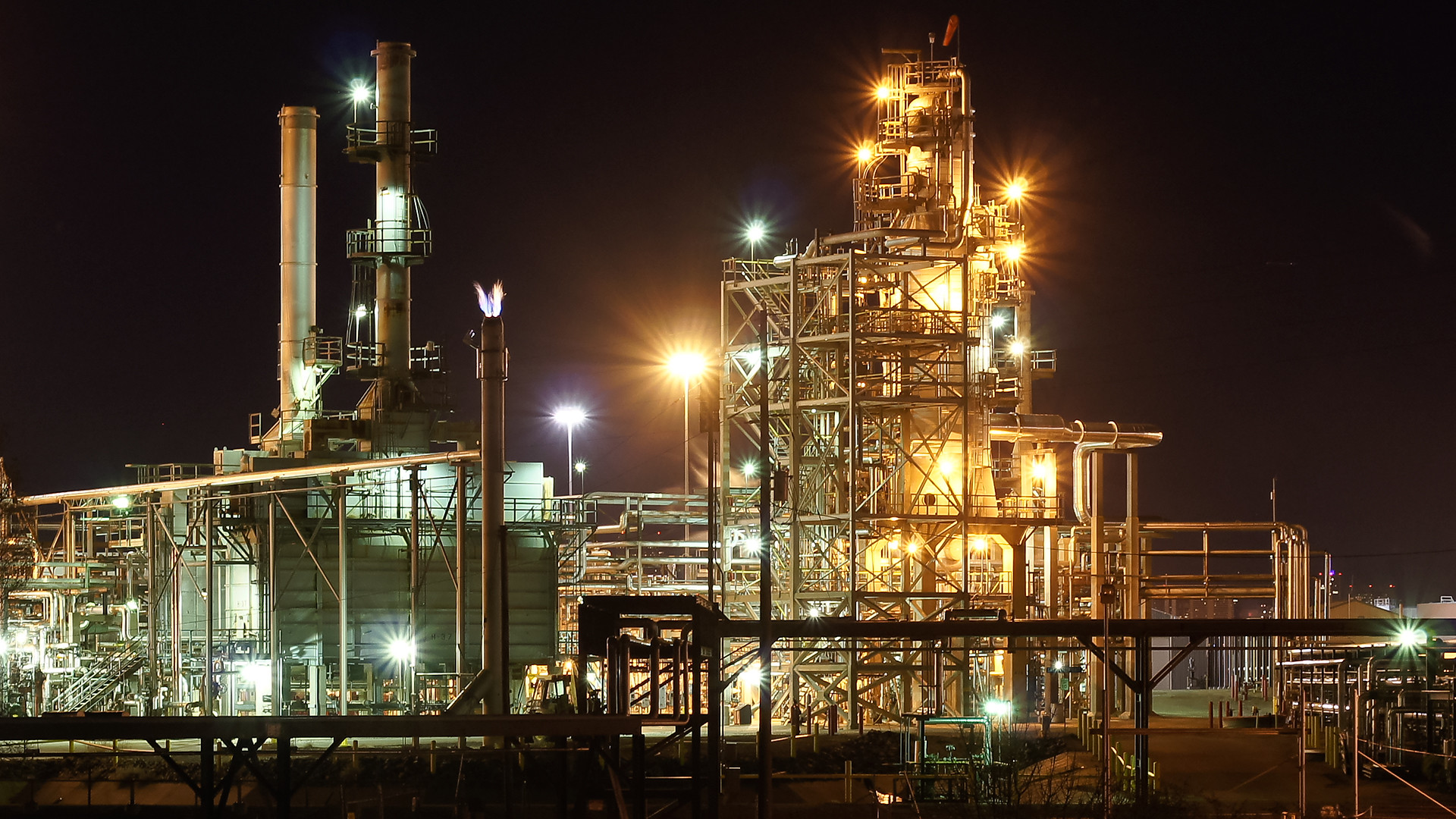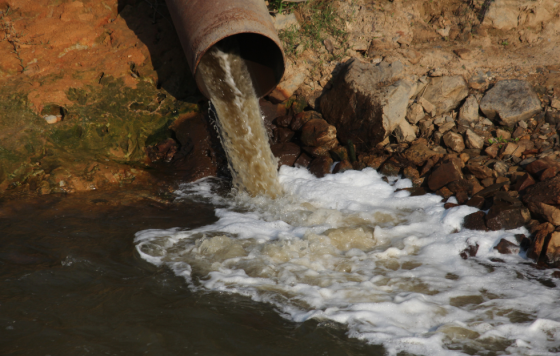
Last week, Clean Water Action joined Earthjustice, NRDC, Sierra Club, Western Resource Advocates and dozens of other community justice groups and impacted residents to urge Colorado to rein in Suncor Petroleum Refinery’s horrendous water pollution. Suncor is a 90-year-old refinery in North Denver that sits near the confluence of Sand Creek and the South Platte River, which is a drinking water source for hundreds of thousands of people downstream. The predominantly Latino neighborhoods surrounding the refinery are overburdened by air and water pollution and live in what has been called the most polluted zip code in the country.
Suncor has been subject to repeat enforcement actions for flouting both its air pollution permit limits and its wastewater permit requirements. For decades it has poisoned Sand Creek and the South Platte River as well as groundwater with benzene, arsenic, heavy metals such as cadmium, organic and industrial chemicals related to petroleum refining, and PFAS (per-and poly-fluoroalkyl substances). From 2011 to 2021 Suncor reported a whopping 28 spills.
While the revised wastewater permit recently proposed by the Colorado Department of Public Health and the Environmental (CDPHE) includes new limits on PFAS and other dangerous chemicals related to petroleum refining, and stricter limits for arsenic and heavy metals, the proposed permit leaves already disproportionately impacted communities unprotected from dangerous levels of water contamination, especially from PFAS. PFAS are a class of human-made “forever chemicals” that are toxic in very small concentrations and do not break down easily in the environment.
Our conservation and justice groups believe CDPHE must advance environmental justice for the communities surrounding Suncor by strengthening the facility’s proposed PFAS permit requirements in the following ways:
- Requiring Suncor to eliminate all of its PFAS pollution to non-detect discharge levels from both its discharge pipes (called outfalls) and its stormwater. CDPHE has only proposed discharge limits for five types of PFAS compounds at some of Suncor’s outfalls, and at levels that are much too high to be protective of human health and the environment. At the very least, CDPHE must issue stricter limits for PFOA/PFOS/PFNA, PFBS, and PFHxS. Scientific data shows that these PFAS compounds are toxic at much lower levels than those proposed by CDPHE.
- Increasing PFAS monitoring frequency from weekly to daily, or at the very least twice a week to ensure that Suncor is actually meeting its PFAS limits, and requiring Suncor to use the best available lab method for measuring PFAS in wastewater.
- Requiring Suncor to comply with the new PFAS permit limits within six months of when the permit is issued, instead of a full year.
Given Suncor’s unacceptable track record of spills, leaks, and permit violations, CDPHE must also protect the surrounding communities by:
- Requiring Suncor to line and protect Burlington Ditch—a drinking water source for the Denver Metro area—in order to safeguard it from groundwater, stormwater, and process water that is contaminated with PFAS, benzene, and other chemicals used at the refinery.
- Requiring Suncor to monitor for illegal releases of contaminated groundwater monthly, or at least six times a year.
- Ensuring that Suncor meets all of its discharge limits, monitoring, and reporting requirements for pollutants like benzene, arsenic, and heavy metals, in accordance with a rigorous compliance schedule.
- Requiring Suncor to undertake regular in-stream monitoring of Sand Creek, both upstream of the facility and at points next to the facility. There is a long history of benzene and other chemicals seeping into Sand Creek from a large, highly contaminated groundwater plume on Suncor’s property.
- Expanding toxicity testing for Suncor’s pollution discharges to all of its external discharge points and requiring the facility to take steps to reduce the toxicity of its discharges. Suncor uses and generates a staggering number of toxic chemicals that it dumps into Sand Creek and have an undeniable negative impact on fish and other aquatic life.
CDPHE is not expected to finalize Suncor’s permit until the end of this year. When it does, Suncor will likely be the first petroleum refinery in the country with PFAS limits in its wastewater permit. Our conservation and justice groups will continue to urge the agency to issue a final permit with much stronger PFAS limits. The final permit must also shift the pollution burden away from the communities living near the facility, as well as the communities downstream whose drinking water sources are impacted. It is Suncor, and not the surrounding disproportionately impacted communities, or downstream drinking water systems and their customers, who should bear the cost of cleaning up its toxic water pollution.
To learn more, you can read the comments our conservation and justice groups submitted to CPDHE here.
Image: Suncor Denver refinery. Image by Steven Bratman on Flickr -- CC by 2.0


